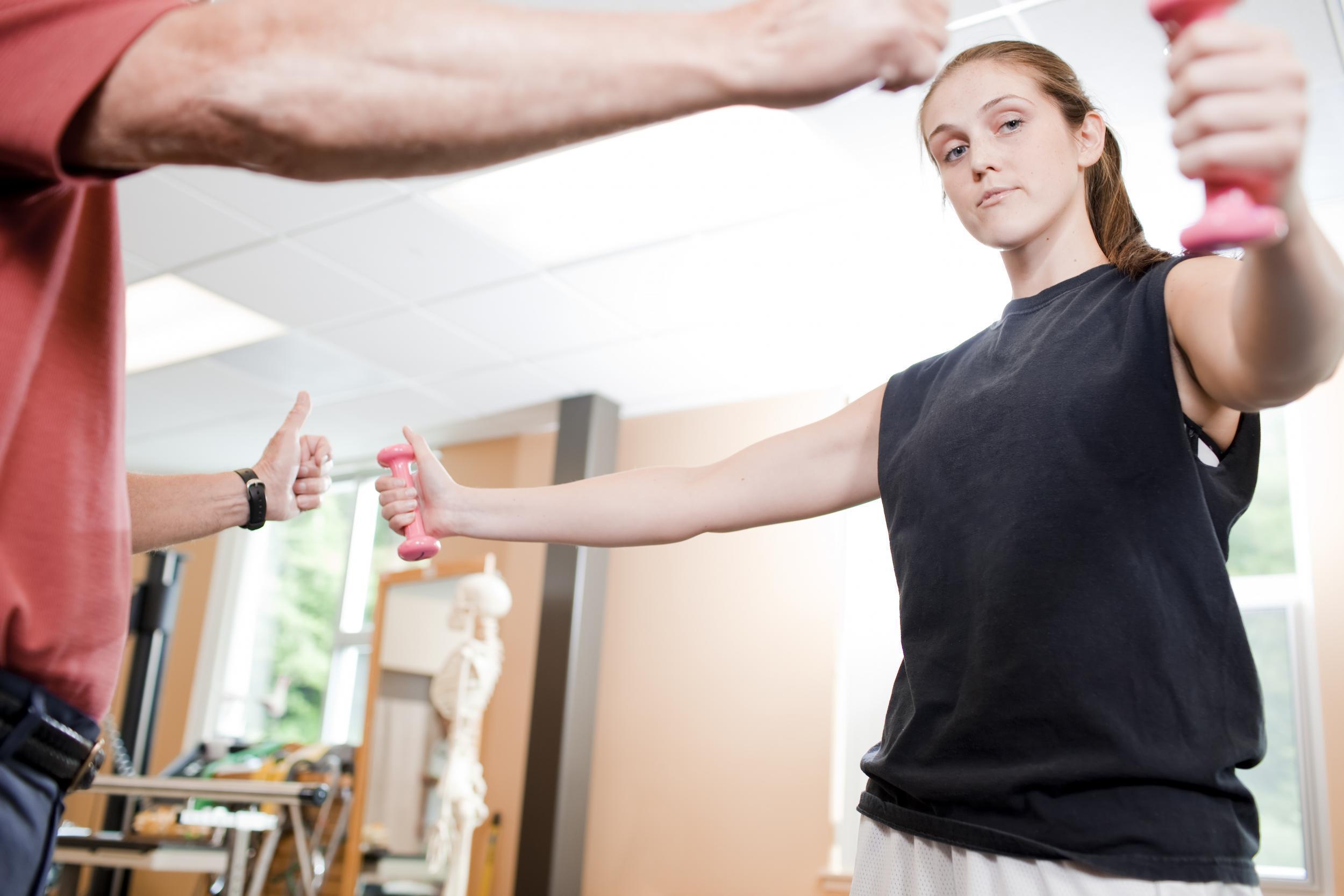Let’s get physio with a hands-on degree
If you want to help people from all walks of life get back on their feet, a university course in physiotherapy or sports therapy could be for you

Interested in physiotherapy? It's a field that demands a hands-on approach, but it also requires ‑ and helps practitioners develop ‑ compassion and the ability to build a rapport with patients. “You need to be an excellent communicator and motivator,” says Jacqueline Mullan, associate head of the department of allied health professions at the University of the West of England (UWE Bristol).
The aim of the job is to help people achieve the best possible physical health and functional outcomes, Mullan continues. “This may include helping them adapt to a change in health status to enable them to achieve a good quality of life and as much independence as is possible.”
How can university prepare you for a job in physiotherapy?
You'll need a strong science background – Mullan looks for biology – which you'll build on with around 35 hours a week of contact time, with a great deal of practical work alongside theory covering the fundamentals of body functions.
Beyond subject-specific knowledge there's a host of other skills to develop, says Dr Stuart Mourton, lecturer in sport, outdoor and exercise science at the University of Derby. “From networking to time management, skills that are essential for life as a professional are embedded into most undergraduate courses,” he says. “These skills help students with developing a successful career.”
If physiotherapy appeals, you might also want to consider related disciplines such as sports therapy. At the University of Bedfordshire, for example, students cover topics including sports massage and exercise coaching alongside advanced physiology, biomechanics and injury rehabilitation.
Whatever your choice, expect to get physical
“The practical element of the course is without doubt the highlight for me,” says Jane O’Reilly, a second-year sports therapy student at the University of Bedfordshire. Her experiences so far include providing sports massage at the London Marathon as well as working at the university's clinic. “The best way to facilitate learning is hands-on experience,” she says.
You'll also spend time working on professional placements, which O'Reilly says are “brilliant” – if challenging. “It can be tough to balance the workload of the course with the placement hours in addition to having a life outside of sports therapy!” she admits.
It's worth it for the end result, which is a qualification that opens doors to the NHS, private practice, research and voluntary sectors. Plus, you'll keep up with the latest developments in the profession (as well as tweaking the odd footballer's knee), so you'll be set for the future, according to Mullan, who concludes: “Graduates have the skills to work and adapt to the contemporary world of physiotherapy practice.”
Join our commenting forum
Join thought-provoking conversations, follow other Independent readers and see their replies
Comments
Bookmark popover
Removed from bookmarks